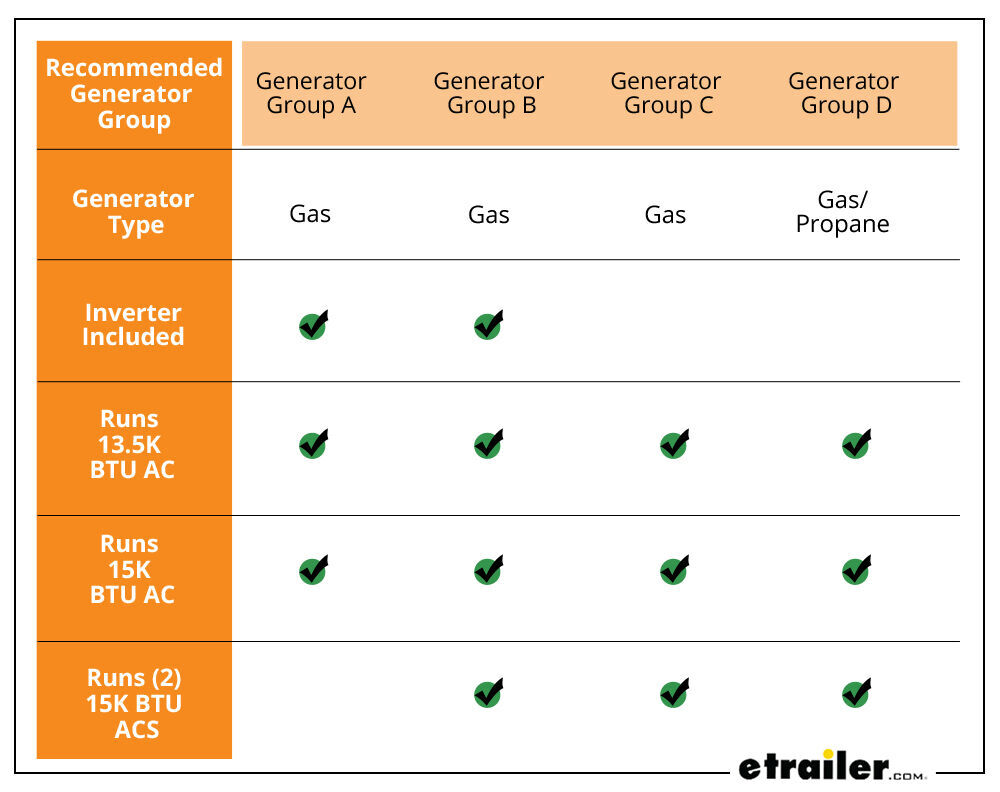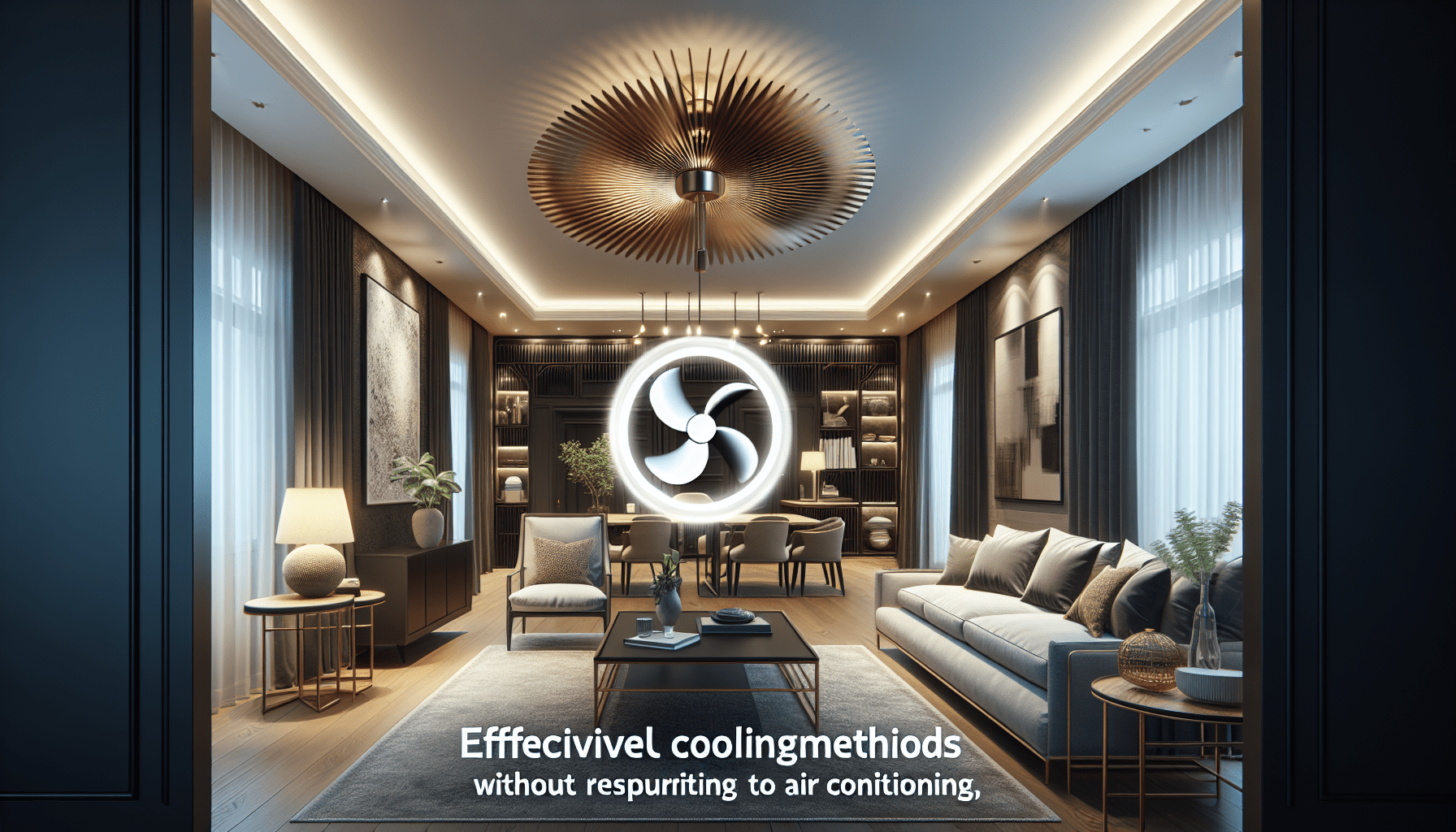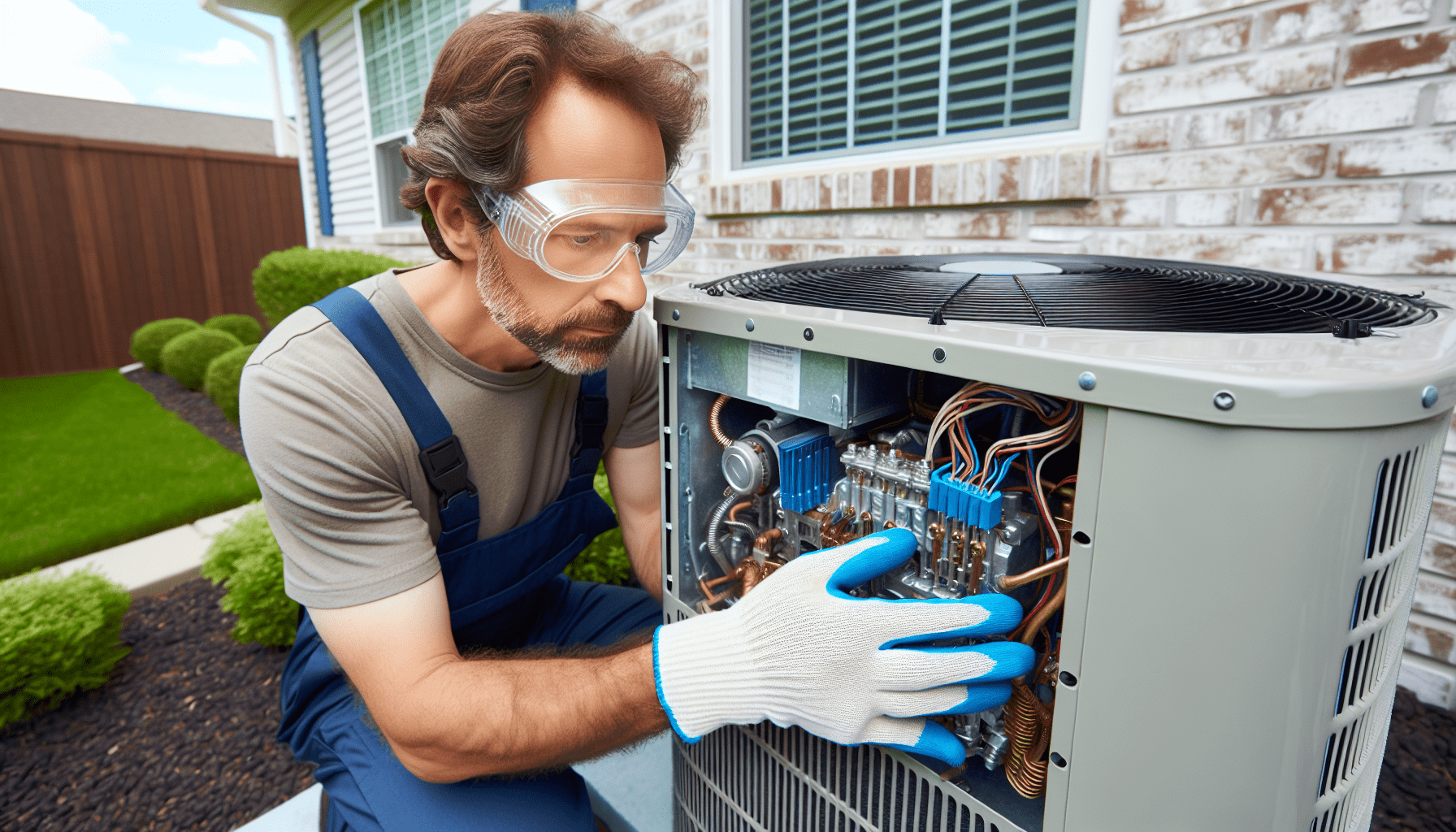Are you in need of a generator to power your 5-ton AC unit, but unsure of what size would be suitable? Look no further! In this informative article, we will discuss the factors to consider when choosing the right generator size for your AC unit. We’ll explore the power requirements of a 5-ton AC unit, the importance of generator capacity, and provide some guidance to help you make an informed decision. With our helpful tips, you’ll be well-equipped to find the perfect generator to ensure uninterrupted cool air during those hot summer days.
What Size Generator To Run 5 Ton AC Unit
Understanding the Energy Requirements of a 5 Ton AC Unit
When it comes to running a 5-ton AC unit, it’s essential to understand the energy requirements to ensure you choose the right size generator. A 5-ton AC unit typically requires a substantial amount of power to start and maintain its operation. Therefore, it’s crucial to consider both the starting watts and running watts of the AC unit.
Calculating the Starting Watts
The starting watts, also known as the surge watts, refer to the extra power needed by the AC unit to start up. This is because the initial start-up requires more energy than maintaining its operation. To calculate the starting watts, you need to look at the AC unit’s specifications or consult the manufacturer’s guidelines.
Determining the Running Watts
Once the AC unit has started, it requires a consistent amount of power to maintain its operation. These power requirements are known as the running watts. Again, the AC unit’s specifications or the manufacturer’s guidelines can provide you with the running watts information.
Considering the Power Factor
The power factor is an essential factor to consider when determining the generator size for a 5-ton AC unit. It represents the ratio between the actual power used by the AC unit and the total power supplied by the generator. A higher power factor indicates greater efficiency. Typically, AC units have a power factor of 0.95 to 1.0.

Types of Generators
There are two main types of generators to consider when choosing the right size for a 5-ton AC unit: portable generators and inverter generators. Both types have their pros and cons, so it’s essential to understand their differences.
Portable Generators
Portable generators are a popular choice due to their versatility and ease of use. They are powered by gasoline or propane and are available in various sizes and power outputs. Portable generators provide reliable power and can be used for multiple applications, including running a 5-ton AC unit. However, they can be noisy and may require regular refueling.

Inverter Generators
Inverter generators are a more advanced option for powering a 5-ton AC unit. They provide stable and clean power by converting it from DC to AC, making them more efficient and suitable for sensitive electronic devices. Inverter generators are usually more compact and quieter than portable generators. However, they tend to be more expensive.
Choosing the Right Generator Size
To determine the right size generator for a 5-ton AC unit, you need to consider the starting watts, running watts, and power factor. It’s recommended to choose a generator that can handle the surge watts required during start-up and has the running watts capacity to sustain the AC unit. Additionally, it’s advisable to select a generator with a power factor that matches the AC unit’s requirements for optimal efficiency.

Generator Sizing Table
To simplify the process of choosing the right generator size for a 5-ton AC unit, below is a generator sizing table that provides a general guideline based on the AC unit’s starting watts and running watts:
| Starting Watts | Running Watts | Recommended Generator Size |
|---|---|---|
| 5000-6000 watts | 1800-2200 watts | 7000-8000 watts |
Please note that this table is a general guideline, and it’s always best to refer to the AC unit’s specifications or manufacturer’s guidelines for accurate information.
Factors to Consider
While the generator sizing table can provide a good starting point, there are additional factors to consider when determining the right generator size for a 5-ton AC unit.
Altitude and Temperature Considerations
Altitude and temperature can affect the performance of both the AC unit and the generator. Higher altitudes and extreme temperatures can reduce the power output of the generator and decrease the efficiency of the AC unit. Therefore, it’s important to consider these factors and select a generator size that compensates for the potential decrease in performance.
Quality and Efficiency of the Generator
Choosing a high-quality generator is essential to ensure reliable and efficient power supply to the 5-ton AC unit. Look for generators from reputable brands known for their durability and performance. Additionally, consider generators with features like automatic voltage regulation and fuel efficiency to optimize the operation and power output.
Other Appliances and Power Needs
It’s crucial to consider any other appliances or power needs that will also be running simultaneously with the 5-ton AC unit. Adding up the wattage requirements of all the appliances and devices will help determine the overall power demand and assist in choosing the right generator size.

Safety Precautions for Generator Usage
When operating a generator to power a 5-ton AC unit, it’s important to follow safety precautions to prevent accidents and ensure the well-being of everyone involved. Here are some essential safety tips:
- Always operate the generator outdoors in a well-ventilated area to prevent the accumulation of carbon monoxide.
- Keep the generator away from windows, doors, and vents to prevent exhaust gases from entering living spaces.
- Use heavy-duty extension cords specifically designed for outdoor use to connect the generator to the AC unit or other appliances.
- Avoid overloading the generator by exceeding its power capacity, as this can damage the generator and pose a safety hazard.
- Regularly inspect and maintain the generator according to the manufacturer’s guidelines to ensure safe and reliable operation.
Proper Generator Maintenance
To ensure the longevity and reliable operation of the generator, it’s crucial to prioritize regular maintenance. Some important maintenance tasks include:
- Checking the oil level and changing it regularly.
- Inspecting and cleaning the air filter.
- Checking and maintaining the spark plug.
- Inspecting the fuel system and cleaning the carburetor if necessary.
- Storing the generator in a clean and dry area when not in use.
By following a proper maintenance schedule, you can maximize the lifespan of the generator and avoid any unexpected issues when powering the 5-ton AC unit.
Conclusion
Choosing the right size generator to run a 5-ton AC unit involves considering the starting watts, running watts, and power factor of the AC unit. Understanding the differences between portable generators and inverter generators can also help in making an informed decision. Additionally, it’s important to consider altitude and temperature factors, the quality and efficiency of the generator, as well as other appliances and power needs. By following safety precautions and regularly maintaining the generator, you can ensure reliable and efficient operation to keep your 5-ton AC unit running smoothly.





